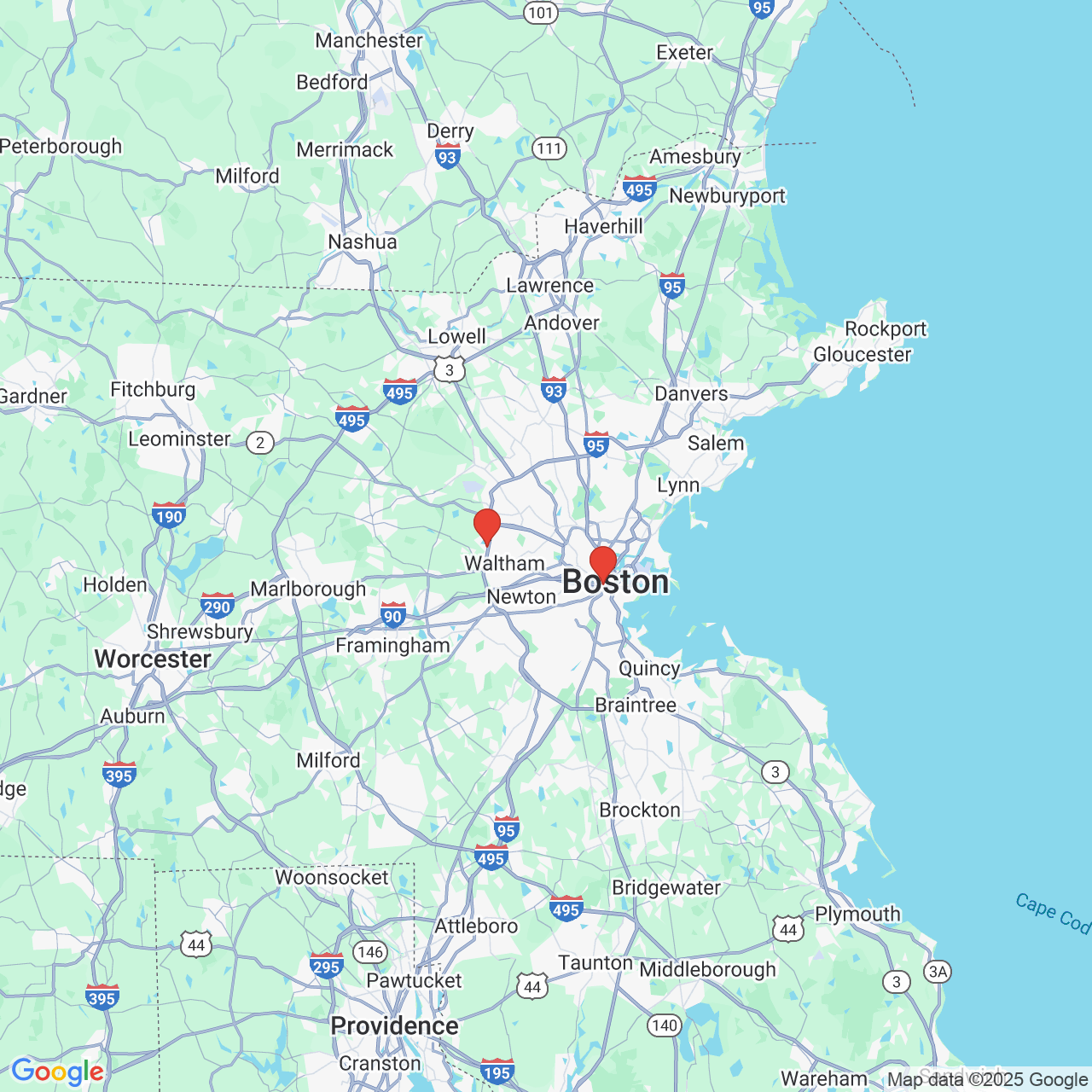The Dangers of a Dirty Toothbrush
 Your toothbrush. It's a trusted tool that helps you maintain a healthy and beautiful smile. But did you know that your toothbrush harbors bacteria if it is not cleaned on a regular basis? Indeed, hundreds of millions of microorganisms can get trapped in the bristles of your brush, including the ones that cause colds, viruses, and infections.
Your toothbrush. It's a trusted tool that helps you maintain a healthy and beautiful smile. But did you know that your toothbrush harbors bacteria if it is not cleaned on a regular basis? Indeed, hundreds of millions of microorganisms can get trapped in the bristles of your brush, including the ones that cause colds, viruses, and infections.
Some of the bacteria that can be found on your toothbrush include:
- Mutans streptococcus: Bacterium that causes tooth enamel erosion, tooth decay, and dental caries
- E. Coli: Bacterium that causes diarrhea
- Beta-hemolytic streptococcus: Bacterium that causes strep throat
- Coliform: Bacteria that are found in aquatic environments, soil, vegetation, and
- feces
- Staphylococci ("Staph"): Bacterium that causes skin infections
- Porphy-romonas gingivalis: Bacterium that causes gum disease
- Candida albicans: Fungus that causes thrush in babies
- Herpes simplex: Virus that causes cold sores
- Hepatitis A, B, and C: The virus for these diseases has been found on toothbrushes, and the hepatitis B virus can survive on the toothbrush for months
These bacteria can easily be transferred to your mouth, resulting in potential short and long-term health problems, if you do not properly clean and store your toothbrush. In the following section, our Boston cosmetic dentists advise patients on the best way to care for their toothbrushes.
Toothbrush Maintenance
Most people are familiar with the American Dental Association's (ADA) recommended oral health care guidelines: brush at least twice a day, floss daily, and visit the dentist for an exam and professional cleaning at least once every six months. Proper maintenance and routine replacement of your toothbrush is also a crucial, albeit often ignored, element of your oral health care routine.
Don't Share a Toothbrush
Since you can catch a cold, bacterial infection, or blood-borne disease such as Hepatitis B from another person's toothbrush, it is best to avoid it.
Avoid Toothbrush and Toothpaste Cross Contamination
If you share a toothbrush holder or toothpaste with your significant other, roommate, or children, be aware that cross contamination can occur. If one person is sick, their infectious germs can be transferred to your toothbrush if the toothbrushes accidentally touch. In addition, their germs could touch the opening of the toothpaste tube and transfer the microorganisms to your toothbrush.
Storage
Toothbrush storage is an important part of keeping it sanitized. Here are some guidelines that you should follow:
- Offer protection from toilet flushing: You may have heard that when you flush the toilet, particles get shot up into the air. These particles settle on all surfaces in the bathroom, including your toothbrush. Keeping your toothbrush out of reach or in a protective container will prevent potentially harmful microorganisms from making it from your toilet to your toothbrush.
- Aerated place: Store your toothbrush in a ventilated location so it thoroughly dries between brushings.
- Upright position: Keep your toothbrush in an upright position so there is no cross contamination with other surfaces.
- Light, low humidity, comfortable temperature: Microorganisms prefer dark, humid, and cool conditions.
Replacement
You should replace your toothbrush every three to four months, according to the ADA.
At Dental Associates of New England, we offer a range of restorative treatments for those in need of smile rehabilitation. For our patients in Boston, dental crowns, fillings, and implants can be used to makeover your smile. Contact our practice today to learn more about the options that are available to you.



